1:1 Executive Coaching
Discover bespoke one-to-one executive coaching; pair your leaders with specialized coaches tailored to your organization’s needs.

Stanford Graduate School of Business reports that 51% of senior executives leverage coaching to optimize their leadership and organization
Finding the right coach
Executives of leading organizations globally shape workforce cultures and performance; but they don’t get there alone.
51% of senior executives leverage coaching to optimize their leadership, but their secret to success is all about finding the right coach.
Our experienced, vetted and certified coaches specialize in 1:1 coaching and have decades of expertise working intimately alongside industry-leading executives to materialize optimal, performance-driven leadership; reimagining company culture and engagement.

What is “one-to-one executive coaching”?
One-to-one executive coaching is bespoke coaching that’s tailored to the c-suite, senior leaders or the executive team of an organization to help them develop their leadership methodology, organizational culture and business performance.Specialized coaches for your industry-leading executives
We host a global suite of world-class, vetted and ICF certified coaches who specialize in executive-level 1:1 coaching.






Chemistry is everything
Executives sit down for personable 1:1 “Chemistry Sessions” with a selection of our coaches so they can pair with their best fit.Bespoke, transformative; world-class
We host a global network of certified coaches who operate beyond 20 languages, to ensure there are no cultural or linguistic barriers when it comes to delivering world-class coaching for your organization .
-
1:1 coaching calls for 1:1 chemistry
Chemistry. Is. Everything.
“Chemistry” ignites collaborative cultures in businesses, and when it comes to coaching, chemistry is paramount to the effectiveness and ROI the sessions yield. At Performance Consultants, we host a globally spanning suite of Coaches who deploy expertise in every industry imaginable, tailored to your business and your leaders unique methodology.
Executives sit down for personable 1:1 “Chemistry Sessions” with a selection of our coaches so they can pair with their best fit.
-
We meet you where you are, wherever you are
Hybrid workplaces call for hybrid coaching.
We offer our 1:1 executive coaching in fully face-to-face, virtual or blended coaching formats.
Our coaches offer flexible support and revere your executives’ availability, personal life and schedule as paramount.
-
Precise, no-nonsense Returns on Investment
Expect zero ambiguity or technical jargon during the course of the program.
Via our proprietary ROI Tool, we deliver actionable and transparent insights by directly measuring and demonstrating the impact of our coaching against your organizational performance.
A fun, motivational and totally unique style of fast-track leadership development…
…that has delivered far more than I thought possible. Through the coaching, I was offered a directorship after 6 months. If I had known the impact it had, I would have paid for it myself and done it ages ago!
The upshot
Showcased below is a selection of the many transformational benefits senior leaders have experienced via our bespoke coaching program.
-
Fast-track to leadership development
Our bespoke coaching program aides executive leaders in articulating actionable and transparent benchmarks for performance, KPIs and ROI.
By optimizing leadership and strategic planning, you’ll ignite and spearhead organizational development by having crystal-clear, high-level insights on pivotal development areas that need special focus.
-
Goals that align with workforce vision
As per Gallup, a mere 27% of employees “Strongly Agree” that their leaders consider their views and skillsets when goal setting.
1:1 Executive Coaching transforms your goal-setting methodology so you galvanize your workforce, engage your employees and move mountains with more efficiency.
-
Get to the “bottom line” of the bottom line
We’re not in the business of entrenching senior leaders with ambiguous and illusive report analytics – our proprietary ROI Tool allows you to clearly attribute new revenue generated via our tailored coaching program.
Via the ROI Tool, leaders can articulate a clear link between behavioral transformations deployed by themselves, while observing the positive impact it has on culture and the measured increase in their team’s revenue.
-
Bring “life and longevity” to leadership
As a leader, your time and health are paramount. Over your lifetime you’ll spend ~90,000 total hours working.
That’s “3,507 days at work, with an additional 207 days overtime per the average Briton” – The Independent
These startling figures challenge leaders globally to reimagine the way they view their workflow and gaze through the lens of personal health and employee health as opposed to the health of the organization exclusively.
“$322B in turnover and lost productivity” is the global cost that Gallup attributes to employee burnout, but before tackling employee burnout, leaders must address personal burnout.
Optimizing your leadership via our program improves your confidence, mitigates chronic stress (which cultivates well-being and longevity while procedurally curbing burnout) and ultimately brings the coveted “balance” to your work-life.
Coaching program details
Below are details of a typical coaching program. As 1:1 executive coaching is a bespoke experience, all of these are variable based on your organization’s needs.

£6.8M new revenue generated, flying high
easyJet leveraged our 1:1 executive coaching for skybound results.Winning hearts, jetting easy
Europe’s favourite airline, easyJet, appointed Performance Consultants to develop their very own senior leadership suite via our 1:1 executive coaching.
-
“Best-fit” chemistry for the whole organization
1:1 executive coaching was proven to be a best-fit as our program aligned wholly with easyJet’s ethos;
“At easyJet, we nurture talent, embrace diversity and always focus on developing others and their leadership craft.”
-
Crystal clear benchmarks
Over the half-a-year period of working intimately alongside easyJet’s senior leader, our 1:1 executive coaching was the gateway that spotlighted short-, medium- and long-term objectives – while setting clear, actionable benchmarks for performance.
-
High-flying ROI
The senior leader surpassed their newly articulated “benchmarks for performance” by generating a transformational £6.8M in new revenue for easyJet.
Through the 1:1 executive coaching period, they managed to pinpoint special development focuses such as “communication” and “inspiring and motivating others”, which contributed vastly to their breakthrough revenue generation and are reflective of our mission towards “Interdependence in Organizations”.
What’s more, our proprietary ROI Tool allowed easyJet to trace 100% of their newly generated revenue as being attributed to our bespoke coaching, and its respective cultural and performance-based impact on the easyJet team.
Performance Consultants ‘get to the heart of the leader’ they’re working with.
They raise their self-awareness to make a sustainable positive difference in their lives.

Discover world-class, bespoke 1:1 executive coaching today
Frequently Asked Questions
-
What is 1:1 executive coaching?
1:1 executive coaching is bespoke coaching that’s tailored to the c-suite, senior leaders or the executive team of an organization to help them develop their leadership methodology, organizational culture and business performance.
-
Who is executive coaching for?
1:1 executive coaching is for executives, senior leaders, c-suite members and high-potential talent.
It is available globally in 20 languages.
-
Can I trust my coach?
Yes, confidentiality is one of the key foundations of coaching. Privacy and ethical behaviour are paramount, in line with the International Coaching Federation (ICF) Core Competencies.
Furthermore, our suite of coaches are vetted, certified, specialize in 1:1 coaching and have decades of expertise working alongside industry-leading executives.
Our coaches are accredited to the level of ICF Professional Certified Coach (PCC) or higher.
-
Will my coach align with my current organizational objectives?
Yes, our team comprehensively analyses your organization’s structure, positioning, context (including existing competency models and business objectives) and, most importantly, your executive leadership methodology to provide your business with a tailored coaching experience.
Beyond executive coaching

Transformational Leader pathway

